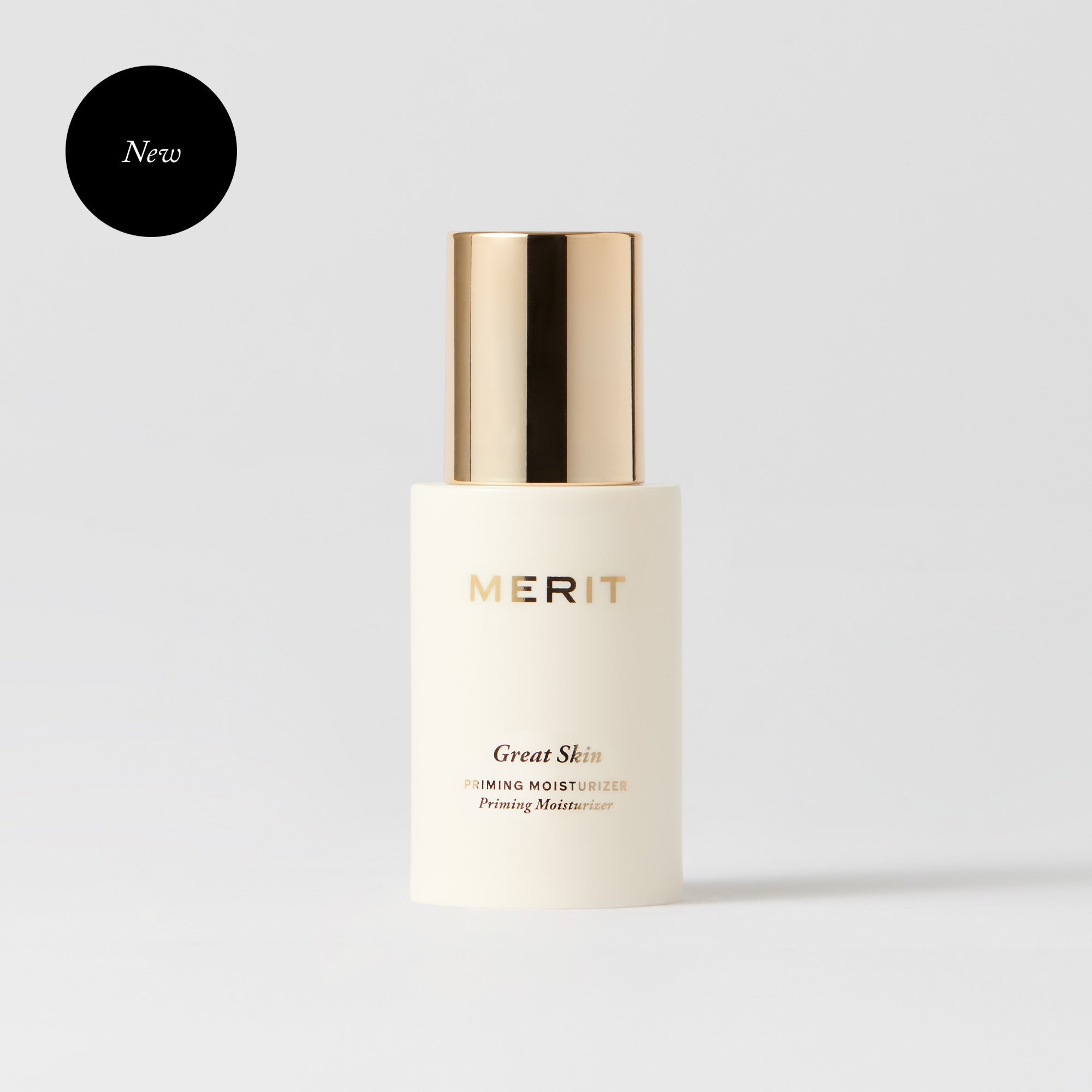Shop At Haya: Your Ultimate Shopping Guide
Discover the best shopping tips, trends, and deals for a smarter buying experience.
Moisturizer Mysteries: What Your Skin Is Really Thirsty For
Unravel the secrets behind your skin's thirst! Discover the perfect moisturizer for glowing, hydrated skin in our latest blog post.
Unlocking the Secrets of Effective Moisturizers: What Your Skin Needs
When it comes to effective moisturizers, understanding your skin's unique needs is essential for achieving that coveted glow. Each individual's skin type—whether it's oily, dry, combination, or sensitive—plays a crucial role in determining which ingredients will deliver the best results. For instance, those with dry skin may benefit from heavier creams containing occlusives like petrolatum and lanolin, while individuals with oily skin may find lighter lotions with non-comedogenic properties more effective. It's also important to look for key ingredients such as hyaluronic acid, which hydrates and plumps the skin, or glycerin, a natural humectant that draws moisture in.
In addition to selecting the right product, applying your moisturizer correctly enhances its efficacy. Always remember to apply your moisturizer on damp skin, as this helps lock in moisture and maximizes hydration. A common technique is the 3-3-3 method: apply three drops to three areas of your face (forehead, cheeks, chin), and gently spread it outward to ensure even coverage. Regularly reassessing your moisturizer as seasons change can also be beneficial; during colder months, richer formulations might be necessary to combat dryness. Ultimately, unlocking the secrets of effective moisturizers lies in a personalized approach tailored to your skin's specific needs and conditions.

Is Your Moisturizer Working? Signs Your Skin Is Still Thirsty
Are you questioning is your moisturizer working? Your skin's hydration levels can be a tricky thing to gauge. Even after applying your favorite moisturizer, you might still experience signs that your skin is thirsty. Common indicators include a tight or uncomfortable feeling on your skin, visible dryness or flakiness, and even a dull complexion. If you find yourself reaching for moisturizer multiple times a day, it may be an indication that your current product isn't providing enough hydration for your skin type.
Another sign to watch out for is if your moisturizer feels like it's just sitting on your skin instead of being absorbed. This might happen if the product lacks the necessary ingredients that provide deep hydration. Always look for key ingredients like hyaluronic acid, glycerin, or natural oils. Lastly, if your skin seems to break out or become irritated despite using a moisturizer, it might not be suitable for your skin concerns, making it critical to assess not just the effectiveness of your current moisturizer but also match it with your specific skin needs.
The Ultimate Guide to Choosing the Right Moisturizer for Your Skin Type
Choosing the right moisturizer for your skin type is essential for maintaining a healthy and radiant complexion. With so many products on the market, it can be overwhelming to navigate through the options. Start by identifying your skin type: oily, dry, combination, or sensitive. Each type has unique needs. For instance, those with oily skin should look for non-comedogenic moisturizers that are lightweight and oil-free, while individuals with dry skin may benefit from richer, cream-based formulas that provide intense hydration.
Once you've identified your skin type, consider the ingredients in your moisturizer. Look for key components based on your specific needs:
- Hyaluronic Acid for hydration
- Glycerin for moisture retention
- Ceramides for barrier repair
- Dimethicone for smoothing